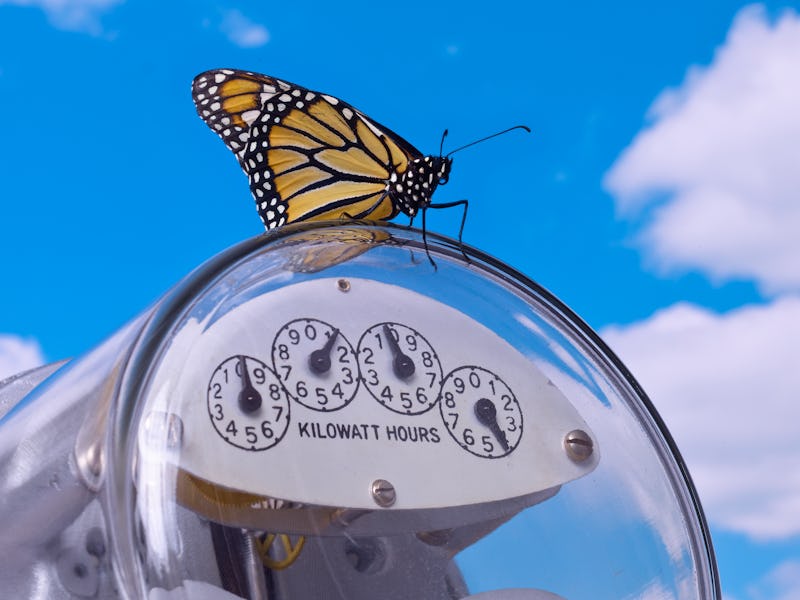A small new device could cut your energy bills and help fight climate change
This device could cut the money you spend on heating and cooling your home.

Whether you're heating your home during a cold winter or cooling your home during a hot summer, electricity bills can skyrocket in those seasons. A new device called the "turbomachine" could significantly cut the costs of heating and cooling your home.
A turbomachine sounds like it's from the future, but it's a well-known concept within mechanical engineering. At its core, a turbomachine transfers energy between a machine and a fluid. The very first turbomachines, on a technical level, were actually the vertical water wells of Syria developed in the 2nd century. The Industrial Revolution, which was driven by steam power, relied heavily on turbomachines.
They rely on classic Newtonian physics, specifically Newton's famed second law, known as his law of inertia. The law states that objects at an equilibrium (like a water wheel) will remain unmoved until an unbalanced force (like falling water, or fast-moving steam) acts upon it.
How did science get from water wheels to cheaper electricity? Research from Purdue University that was published in the journal International Journal of Refrigeration on Tuesday claims this new device reduces the energy consumption of a vapor-compression heat pump cycle, which is when the pump changes vapor to liquid, and cuts energy costs. A heat pump is a refrigeration system that can cool or heat a home, and the turbomachine harvests energy that it often wastes. Taking advantage of that energy is in some ways no different than an ancient water wheel or steam engine.
Riley Barta, a graduate research assistant in Purdue’s College of Engineering, explained in a statement how the turbomachine works.
“Our solution packs a twofold punch in that it’s more efficient but still just as safe as conventional vapor-compression heat pump cycle operations,” Barta said. “We created a device that’s the best of both worlds with a fixed nozzle and variable options for phase separation that allow a much broader range of applications than are possible with more conventional approaches.”
The Department of Energy claims heat pumps are already more efficient than air conditioners and furnaces. It claims a heat pump uses about half as much electricity as a furnace, and this turbomachine could make heat pumps even more efficient.
The turbomachine
“Not only does our device help cut down wasted energy, which helps reduce electricity costs and improve efficiency, but it works across a range of ambient conditions,” Barta said. “Our expander and control method ensure the safe operation of the heat pump system.”
As we've previously reported, A/C is terrible for the environment and contributes to climate change not only because of the energy use but because the refrigerant in the A/C unit is a greenhouse gas that often leaks. Home heating also has a large carbon footprint.
See also: Bill Weihl made Facebook green. Now he's eyeing a bigger fight.
If you're not using a heat pump to heat or cool your home, you might want to change that, because it'll save you a lot of money. If this turbomachine becomes a product we can all buy soon (the researchers are working on getting a patent), then you can save even more.
Abstract: With increasing need for energy efficient vapor-compression cycles (VCCs), researchers have investigated different aspects of such systems to increase performance. The goal of this research is to experimentally investigate the design and control of a turbomachine expander to recover work and control the VCC. An R-410A split-system heat pump experimental setup has been utilized to compare the performance and control capabilities of a variable nozzle and a fixed nozzle with phase separation combined with evaporator bypass flow metering. A theoretical analysis on the benefit of the expander in heat pumps motivated heat pump operation in cooling mode. The variable nozzle experiments yielded a significant decrease in expander isentropic efficiency, and the evaporator bypass control led to an increase in system coefficient of performance (COP) of 2.3% with an expander overall isentropic efficiency of 18.8%. Compressor suction superheat control was achieved with the evaporator bypass over a range of ambient conditions.